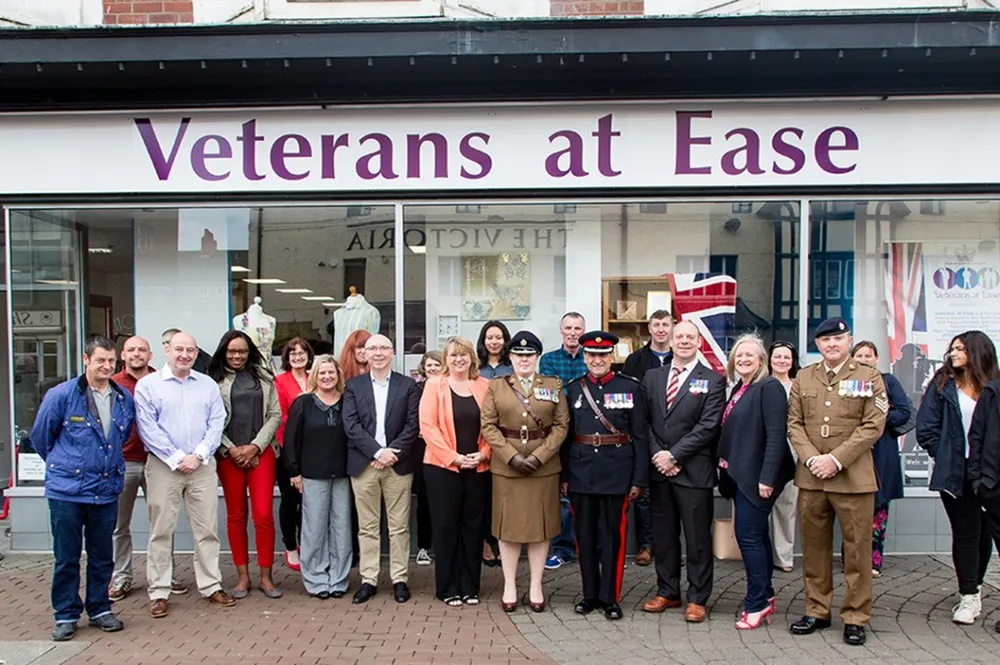Exploring suicide prevention
When Sangeeta undertook her Fellowship, she was a Consultant Anaesthetist at Guy’s and St Thomas’ NHS Foundation Trust, in London. She has now taken early retirement and moved to rural South India, where she lives with her husband.
She said: “Suicide is one of the biggest killers of young people in the UK. This fact should be known to each and every person and yet, despite being a doctor, I only found this out after the tragic death of my son, Saagar. Thousands of people are affected by suicide and suicidal thoughts each year and very few receive the support they need in an appropriate and timely way.”
Sangeeta ultimately identified 11 gaps in the UK for suicide prevention.
“One area I looked into was how we interact with families of vulnerable young people. We are quick to send people home from a psychiatric setting, but do we equip the families with adequate information and resources to enable and empower them to do a good job? Do we educate them to recognise a crisis? We do not.”
Sangeeta also explored the discharge process. She found that handover of care of vulnerable people to GPs was unsafe. There was a lack of proper follow up which compromised the safety and wellbeing of many patients.
Lack of training for doctors in suicide prevention, stigma around suicide in the medical community, minorities being treated differently… all these factors helped inform the direction of Sangeeta’s Fellowship.
“The medical profession doesn’t talk about suicide prevention, nor is there any suicide prevention training, even though those in the profession are themselves at a higher risk of suicide.”
In 2019, Sangeeta began her Fellowship, visiting New Hampshire in the US to observe community programmes being carried out by the National Alliance on Mental Illness, where safety planning was a big part of care in the community.
Back in the UK, Sangeeta began speaking extensively about safety planning and suicide prevention, at medical conferences, safeguarding, social care and police gatherings, as well as at Saagar’s school and university. An award-winning educational film she made explores her experience, and delivers the powerful message that suicide is everyone’s business.









